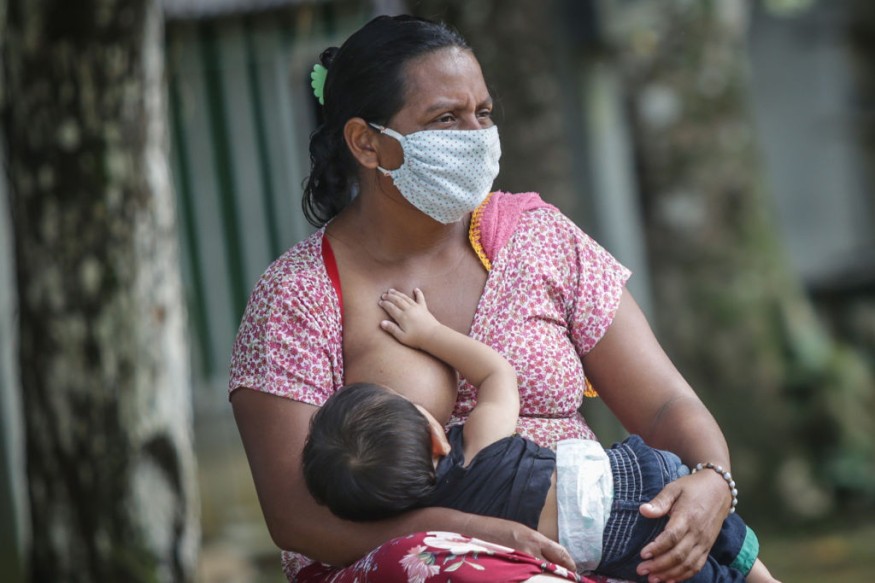A new study has shown that pasteurization neutralizes the Coronavirus present in breastmilk. A medical research team found that if human milk is pasteurized, it inactivates the Coronavirus responsible for the current pandemic. This confirms that the milk bank process kept human milk safe during this entire pandemic and will continue to do so in the future.
Australia's Milk Banks
In Australia, a total of five milk banks for human milk exists. Even with the COVID-19 viral pandemic, these banks continuously provided breast milk for premature infants who have no access to breast milk.
The milk donors are routinely screened for the presence of diseases, and their milk is lab tested and sterilized to ensure safety for their fragile recipients.

READ: WHO: No Live Coronavirus Found in Breastmilk, Breastfeeding still Recommended
The Study
The research was recently published in the Journal of Pediatrics & Child Health. It was conducted through a partnership by the UNSW with an interdisciplinary research team from the Australian Red Cross Lifeblood Milk Bank.
Lead study author Greg Walker from UNSW Medicine says that there is the theoretical risk that the SARS-CoV-2 is transmissible in breast milk. In past pandemics, PDHM or pasteurized donor human breastmilk has had interrupted supply due to considerations of safety, so the study authors tested it on SARS-CoV-2.
Infection with SARS-CoV-2 and Pasteurization
The research team experimentally infected freshly expressed and frozen human milk with SARS-CoV-2 and then heated it at 63° Celsius for half an hour to simulate pasteurization.
READ ALSO: New Study Says Unpasteurized Milk Contains Drug-Resistant Genes
Results of the Study
The process was found to eliminate traces of the virus, according to Walker. The team concluded that SARS-CoV-2 could be inactivated by pasteurization.
The researchers also explained that they are confident with their conclusion because they used a more significant amount of the virus than the actual viral content of breastmilk from COVID-19-positive women.
Meanwhile, Walker says that the study also showed that cold storage does not inactivate SARS-CoV-2. Storing infected milk at temperatures of 4° Celsius or -30° Celsius did not reduce viral load significantly. Freezing infected milk reduced the amount of the virus, but a viable virus was still recovered after 48 hours of storage.
Importance of the Study
Senior author Laura Klein said that the research proved that pasteurization could inactivate SARS-CoV-2. She says that the process is already known to neutralize the MERS and SARS viruses. She also added that their findings are consistent with the study, which found that heat treatment inactivates SARS-CoV-2.
Study co-author and Kirby Institute associate professor Stuart Turville said that their work is pioneering, and it provided significant learning for all researchers involved.
The finding that the virus was stable even if frozen or refrigerated may help in drafting guidelines regarding milk storage from COVID-19-positive donors.
Klein says their study proves that breastfeeding is safe for virus-positive mothers. Furthermore, no evidence exists that the virus is transmitted through breastfeeding.
What does WHO say about breastmilk?
The World Health Organization recommends giving donated breastmilk when a mother cannot provide their milk. Human breastmilk reduces risks from some health problems in premature infants.
Lifeblood Milk provided donated breastmilk to more than 1,500 premature recipients in Queensland, South Australia, and New South Wales since 2018.
READ NEXT: Food Waste and Food Insecurity in Times of Coronavirus
© 2025 NatureWorldNews.com All rights reserved. Do not reproduce without permission.





